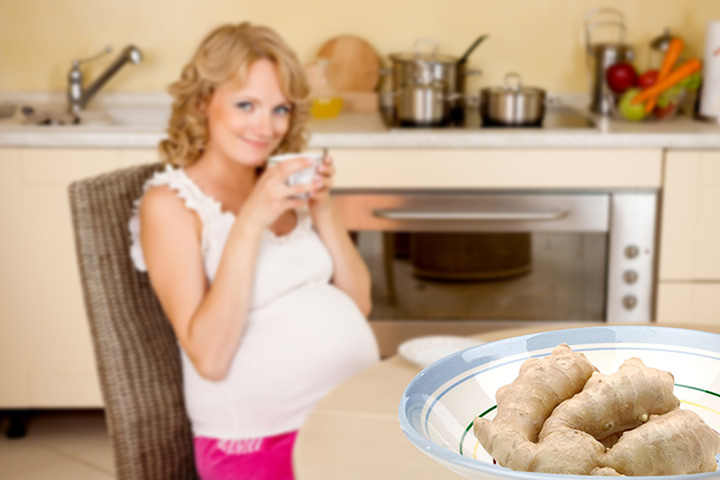GERD is extremely common during pregnancy. This makes sense when you think about the nature of being pregnant. During pregnancy, hormonal changes slow your digestive system, while a growing baby presses on your stomach. The combination is a strong trigger for GERD. This is especially true in the later stages of pregnancy.
How Do You Know If You Have GERD During Pregnancy?
The signs and symptoms of GERD are similar whether or not a person is pregnant. You might:
- Experience heartburn, or a burning sensation in your chest after eating. You might also feel chest pains.
- Feel uncomfortably full, bloated, or nauseated.
- Frequently cough or belch.
- Have a strange or bitter taste in your mouth.
- Have a sore throat.
How to Treat GERD During Pregnancy
If you are experiencing GERD symptoms during pregnancy, talk to your doctor. Your physician can make sure that your symptoms are being caused by GERD, and not another medical condition. This is especially important if you are experiencing chest pains. The pain of heartburn and the pain of a heart attack can sometimes be similar.
Once you know for sure that your uncomfortable symptoms are GERD, you can try different remedies. If your symptoms are severe, you can also talk with your doctor about pregnancy-safe medications. Some lifestyle changes that can help GERD include:
- Wearing loose clothing. Tight clothing can sometimes make GERD worse, especially when you’re pregnant.
- Avoiding certain foods. Spicy and acidic foods, in particular, may worsen GERD. There also may be certain foods that trigger GERD in you, but not necessarily in someone else. Keeping a food journal and making a note of when you have heartburn can be a way to help you identify your triggers and avoid those foods until after your pregnancy.
- Staying upright for a few hours after eating. Don’t go to bed or take a nap shortly after a meal, as lying down right after eating can trigger GERD symptoms. When you do go to bed, you can try raising the head of your bed by several inches to help minimize your symptoms. Wedge pillows can be useful for this.
- Replacing mint with ginger when using spices to help with other common pregnancy symptoms, like morning sickness. Mint can sometimes worsen GERD, while ginger can be effective for both morning sickness and GERD.

- Avoiding alcohol and quitting smoking. Alcohol use and cigarette smoking can make GERD symptoms much worse. These substances can also negatively impact the health of your baby.
GERD Beyond Pregnancy
After your pregnancy, if you’re still experiencing reflux symptoms more than twice a week, then you might have gastroesophageal reflux disease. Your doctor can diagnose GERD and provide the right treatment plan for you. However, most of the lifestyle changes suggested for pregnancy GERD are the same for GERD, too.
Many people have found heartburn relief through diet changes. Are you looking for more ideas to lessen GERD symptoms through food? Check out our blog on the topic. You can also take a look at the best natural remedies for GERD.



